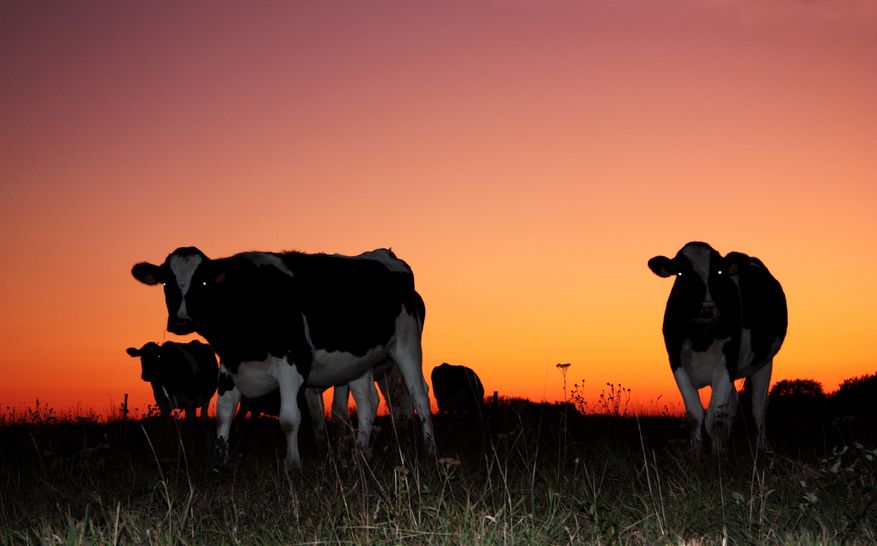
The government's new plan on tackling pollution must not be "rushed" as this could lead to a negative impact on food production.
The Tenant Farmers Association (TFA) has submitted its response to the government’s Clean Air Strategy consultation, and is warning against rushing into "unnecessary legislation".
The organisations said this will have a negative impact on UK farm competitiveness and production.
The draftClean Air Strategy produced earlier this summer outlines the government’s ambitions relating to reducing air pollution.
It sits alongside three other UK government strategies: the Industrial Strategy , Clean Growth Strategy and 25 Year Environment Plan.
'Negative effect'
TFA Farm Policy Adviser, Lynette Steel said that while the agricultural industry must play it’s part in helping to reduce emissions, the government should undertake more UK-based research into managing emissions before introducing legislation.
Ms Steel said: “The Code of Good Agricultural Practice (COGAP) for Reducing Ammonia Emissions published in July will help to bring the issue of reducing air pollution to the fore and start a change in culture.
“It is vital that any targets set by government should be realistic and not have a negative effect on farm competitiveness.”
'Impacted'
The TFA is now pressing the need for any new regulations to avoid discrimination against tenant farmers.
The group said the Clean Air Strategy must consider the impact legislation would have on short term tenants and their lack of ability to plan for long term investments in infrastructure without the support of landlords.
“The livestock sector, predominately dairy farmers, will be impacted by the draft strategy and with volatile markets and the increasing likelihood of a no-deal Brexit we are concerned that moving directly to legislation will create problems for production and barriers to innovation”, said Ms Steel.
“Farmers already adhere to a number of pollution reducing activities and while emissions must be included, any new clean air legislation must work alongside these in a joined up way.”
